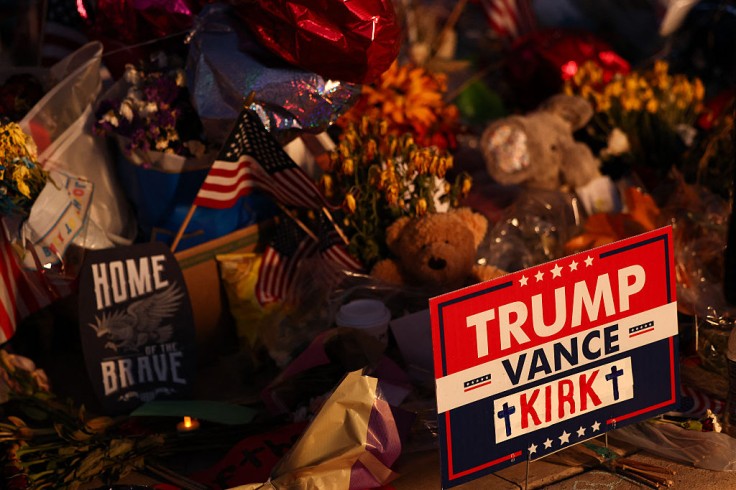
U.S. universities are disciplining employees over social media posts celebrating or defending Charlie Kirk's assassination, sparking debate over free speech, professionalism and political pressure on campuses.
Universities across the United States are moving quickly to discipline employees over social media posts that appeared to celebrate or defend the assassination of conservative activist Charlie Kirk.
Kirk, the founder of Turning Point USA, was fatally shot Sept. 10 while speaking at an event at Utah Valley University. In the aftermath, several faculty and staff members at institutions nationwide drew outrage after posting messages online that critics said mocked his death or justified the attack. Screenshots of the posts spread rapidly, prompting calls from lawmakers and conservative groups for universities to take action.
Here are some of the universities that have taken action, and the nature of the posts in question:
At the University of Mississippi, Lauren Stokes, an executive assistant to the vice chancellor, was fired after sharing a message that described Kirk as a "reimagined Klan member." Chancellor Glenn F. Boyce said her remarks "run completely counter to our institutional values of civility, fairness and respecting the dignity of each person."
At Ohio State University's Wexner Medical Center, respiratory therapist Stephen Byrom was placed under review after a post suggested Kirk "deserves an unnamed ditch in the middle of nowhere" and called him a "waste of oxygen." The university condemned the post but did not confirm whether he would be terminated.
In South Dakota, professor Michael Hook of the School of Fine Arts faced termination proceedings after calling Kirk a "hate-spreading Nazi" in a profanity-laced message. His faculty page has since been removed from the university's website.
Middle Tennessee State University dismissed assistant dean Laura Sosh-Lightsy after she wrote, "Looks like ol' Charlie spoke his fate into existence. Hate begets hate. ZERO sympathy."
The University of Tennessee began termination proceedings against assistant professor Tamar R. Shirinian, who posted that Kirk was a "disgusting psychopath" and said his children were "better off living in a world without him."
At the University of Pennsylvania, climate professor Michael E. Mann mocked Kirk online, at one point referring to him as "the head of Trump's Hitler Youth." Mann later deleted some of his posts and said the language had been inappropriate, but he has not been fired.
The disciplinary actions highlight a broader debate about the limits of free speech in academia. While employees have First Amendment protections, universities are weighing whether inflammatory posts violate standards of professionalism and institutional values. Critics argue that political pressure from lawmakers and advocacy groups is influencing decisions, while supporters say institutions have a duty to distance themselves from rhetoric that appears to condone violence.
The fallout underscores growing concerns about the normalization of political violence and the tone of online discourse. Universities are expected to continue reviewing similar cases in the weeks ahead, raising questions about where the line will be drawn between private expression and professional accountability.
© 2026 University Herald, All rights reserved. Do not reproduce without permission.








